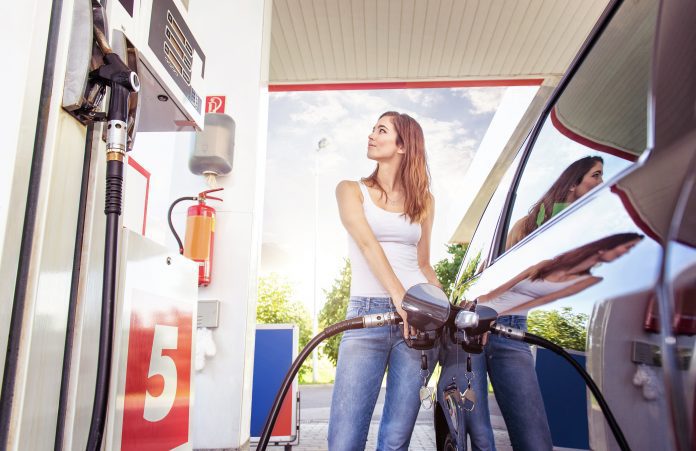New CAFE Standards for Post-2027 Vehicles
What are CAFE (Corporate Average Fuel Economy) Standards?
- Background: Established by Congress in 1975 to improve fuel economy for cars and light trucks in the U.S. These standards regulate how far vehicles must travel on a gallon of fuel.
- Scope: Covers passenger cars, light trucks, and separate standards for medium- and heavy-duty trucks.
Imagine you run a bakery, and your goal is to see how many cookies you can bake using a single bag of flour. The idea is to get everyone more efficient with their ingredients, reducing waste and saving money.
- CAFE Standards: Think of these as the guidelines set by your bakery. They specify how many cookies you should be able to bake with one bag of flour to encourage efficiency.
- Why It Matters: If you can bake more cookies with the same amount of flour, you save money on ingredients and reduce waste, benefiting both your business and the environment.
Here’s how it works:
- Current Guidelines: This year, the rule might be that you need to bake at least 100 cookies per bag of flour.
- New Guidelines: Next year, you decide to increase the standard to 120 cookies per bag of flour. The following year, it will be 140 cookies, and so on.
In real life, the government sets CAFE standards, to improve the average fuel economy of cars and light trucks. The goal is to make vehicles more efficient over time, lowering fuel costs and reducing pollution.
Recent CAFE Changes
- New Standards: Announced by NHTSA for model years (MY) 2027-2031 (light-duty vehicles) and 2030-2035 (heavy-duty pickup trucks and vans).
- Passenger Cars & Light Trucks:
- Target: Fleet average of ~50.4 mpg by MY 2031.
- Increase: 2% annually for passenger cars (MYs 2027-2031) and light trucks (MYs 2029-2031).
- Heavy-Duty Pickup Trucks & Vans:
- Target: ~2.851 gallons per 100 miles by MY 2035.
- Increase: 10% annually (MYs 2030-2032) and 8% annually (MYs 2033-2035).
Impact
- Savings: Projected $23 billion in fuel costs and 70 billion gallons of gasoline saved through 2050.
- Emissions: Prevent over 710 million metric tons of CO2 emissions by 2050.
- Penalties: Reduced penalties for non-compliance, potentially saving automakers like GM, Ford, and Stellantis up to $8.17 billion.
Reactions
- Support: Alliance for Automotive Innovation praises the achievable policies.
- Criticism: Some argue the relaxed rules allow continued use of gas-powered vehicles.
- Defense: Biden Administration highlights the push toward more efficient electric vehicles.
Bottom Line
The updated CAFE standards aim to balance environmental goals, industry feasibility, and consumer impact, promoting positive change amid challenges.



